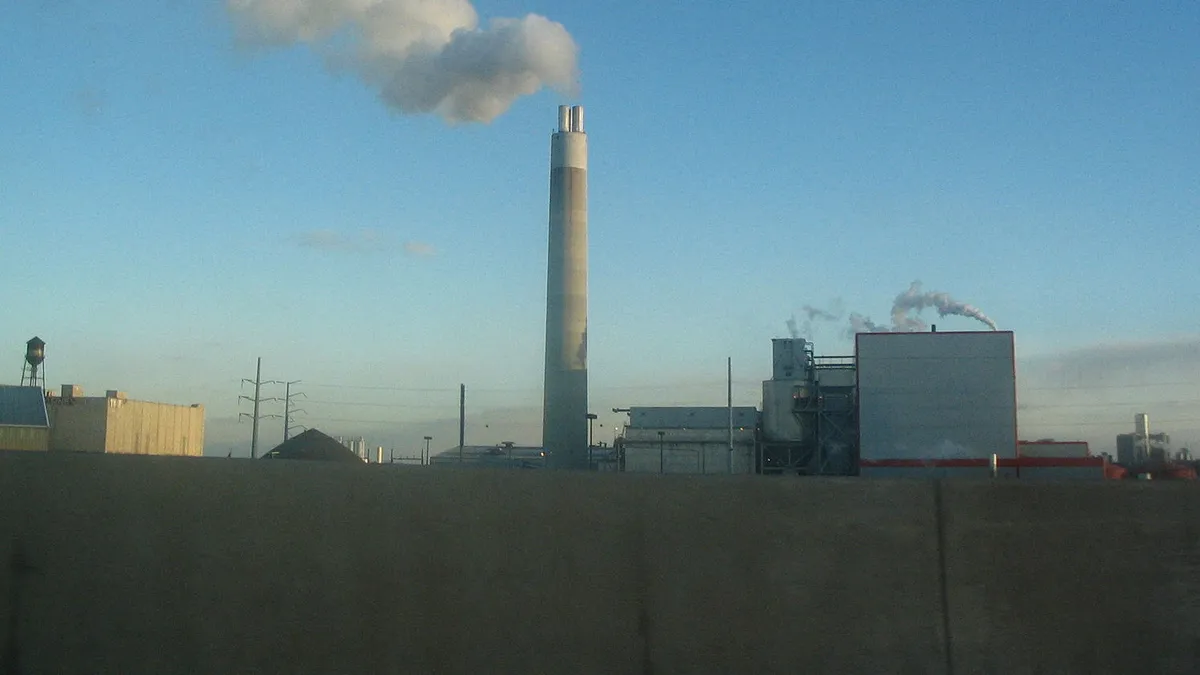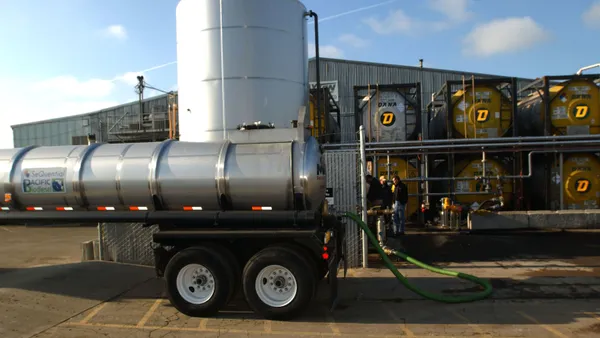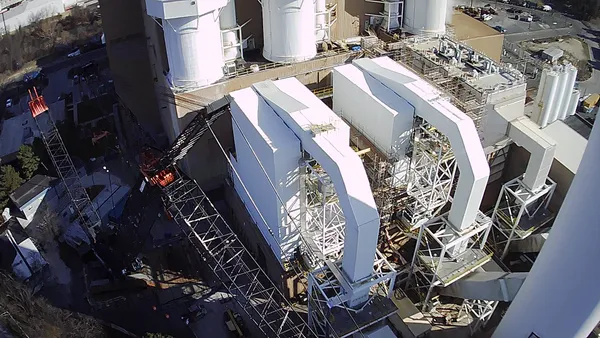Dive Brief:
- The Michigan Department of Environmental Quality (MDEQ) is in the process of finalizing a consent agreement with the Detroit Renewable Power waste-to-energy (WTE) facility over multiple emissions violations. Though some local residents and environmental groups say the penalties aren't strong enough, as reported by Michigan Radio.
- The facility has been cited multiple times for exceeding limits of sulfur dioxide, carbon dioxide and particulate matter in recent years, as well as not monitoring emissions properly. Per the consent agreement, the facility will update its procedures, pay a $149,000 penalty and be liable for any fines related to future violations. MDEQ has said that a negotiated settlement will guarantee faster compliance than a potential lawsuit.
- Local groups including the Michigan Environmental Council and Zero Waste Detroit have said that the consent agreement is insufficient because it doesn't cover all of the facility's recent violations. Residents at a recent community meeting also called for higher financial penalties.
Dive Insight:
Built in 1989, this refuse-derived fuel facility is one of the older ones still operating in the country and is currently the largest WTE operation in Michigan with an estimated 3,300 tons per day of capacity. While the facility provides a steady supply of steam and electricity for the region it has also been the focus of many environmental concerns. An existing state consent order is already in place for previous odor violations.
The facility operators say they have spent millions on odor and emission upgrades in recent years. Though a potential lawsuit from the Great Lakes Environmental Law Center questioned their emissions controls last fall and this new round of state involvement shows that the problems have not been fully solved. Given the facility's history it may be hard to ever regain popularity among its opponents.
As recently seen in Baltimore and other cities, environmental opposition to any form of WTE facility can be fierce. While overall WTE capacity has remained steady in recent years, and the facilities provide stable processing options for many states, they have long been a political target based on the memories of older generations of polluting incinerators. Operating current facilities at the highest standards will be key if the market has any hope of growth on the scale of what's happening in Europe or China in the near future.















